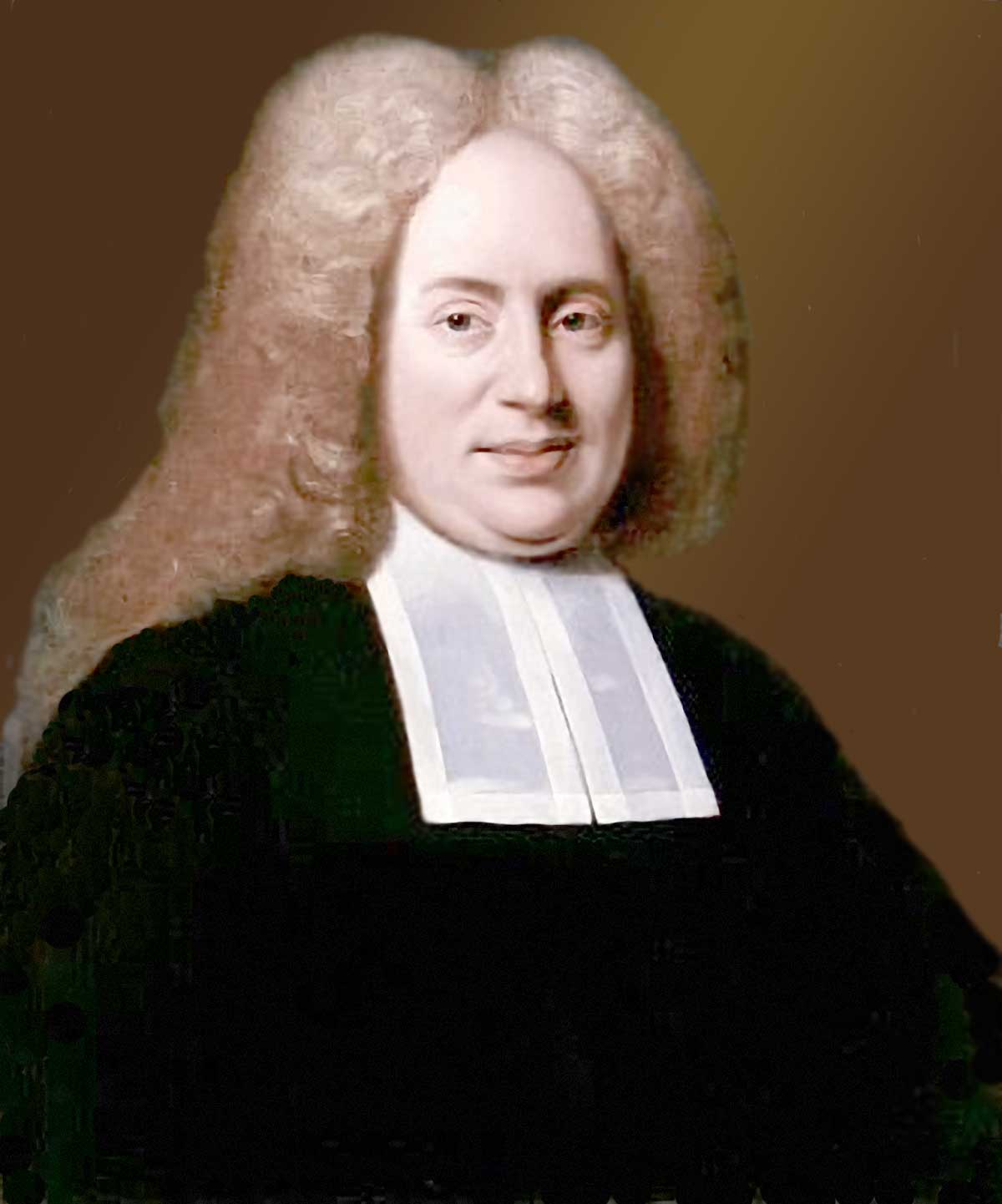Friedrich Adolph Lampe on:
[Wikipedia]
[Google]
[Amazon]
 Friedrich Adolph Lampe (18 February 1683 – 8 December 1729) was a German
Friedrich Adolph Lampe (18 February 1683 – 8 December 1729) was a German
 Friedrich Adolph Lampe (18 February 1683 – 8 December 1729) was a German
Friedrich Adolph Lampe (18 February 1683 – 8 December 1729) was a German Pietist
Pietism (), also known as Pietistic Lutheranism, is a movement within Lutheranism that combines its emphasis on biblical doctrine with an emphasis on individual piety and living a holy Christianity, Christian life.
Although the movement is ali ...
pastor, theologian and professor of dogmatics. He was a Cocceian, and follower of Johannes d'Outrein. He is known as the first Pietist leader from a Calvinist
Reformed Christianity, also called Calvinism, is a major branch of Protestantism that began during the 16th-century Protestant Reformation. In the modern day, it is largely represented by the Continental Reformed Protestantism, Continenta ...
rather than Lutheran
Lutheranism is a major branch of Protestantism that emerged under the work of Martin Luther, the 16th-century German friar and Protestant Reformers, reformer whose efforts to reform the theology and practices of the Catholic Church launched ...
background.
Biography
Lampe was born inDetmold
Detmold () is a city in North Rhine-Westphalia, Germany, with a population of . It was the capital of the small Principality of Lippe from 1468 until 1918 and then of the Free State of Lippe until 1947. Today it is the administrative center of ...
in 1683.
He received his education in Bremen
Bremen (Low German also: ''Breem'' or ''Bräm''), officially the City Municipality of Bremen (, ), is the capital of the States of Germany, German state of the Bremen (state), Free Hanseatic City of Bremen (), a two-city-state consisting of the c ...
from 1698 to 1702 and then enrolled at the University of Franeker
The University of Franeker (1585–1811) was a university in Franeker, Friesland, the Netherlands. It was the second-oldest university of the Netherlands, founded shortly after Leiden University.
History
Also known as ''Academia Franekerensis'' ...
, where he graduated in 1703. He was appointed pastor at Weeze
Weeze (, Dutch: ''Wees'') is a municipality in the Lower Rhine (Niederrhein) region, located in the northwestern part of North Rhine-Westphalia, specifically in the district of Kleve and the Düsseldorf region.
The municipality comprises the to ...
near Cleves
Kleve (; traditional ; ; ; ; ; Low Rhenish: ''Kleff'') is a town in the Lower Rhine region of northwestern Germany near the Dutch border and the River Rhine. From the 11th century onwards, Cleves was capital of a county and later a duchy ...
in 1703, and subsequently was appointed pastor in Duisburg
Duisburg (; , ) is a city in the Ruhr metropolitan area of the western States of Germany, German state of North Rhine-Westphalia. Lying on the confluence of the Rhine (Lower Rhine) and the Ruhr (river), Ruhr rivers in the center of the Rhine-Ruh ...
in 1706 and Bremen in 1709. On 15 April 1720 he was appointed professor of theology at Utrecht University
Utrecht University (UU; , formerly ''Rijksuniversiteit Utrecht'') is a public university, public research university in Utrecht, Netherlands. Established , it is one of the oldest universities in the Netherlands. In 2023, it had an enrollment of ...
, and also served as pastor of St. Ansgar's Church.
He died in Bremen.
Philosophy and works
Lampe was especially influenced bypietism
Pietism (), also known as Pietistic Lutheranism, is a movement within Lutheranism that combines its emphasis on biblical doctrine with an emphasis on individual piety and living a holy Christianity, Christian life.
Although the movement is ali ...
and saw inner life development as very important, and he was also a strong believer in the divinity of the church. He attempted to revive the Covenant theology
Covenant theology (also known as covenantalism, federal theology, or federalism) is a biblical theology, a conceptual overview and interpretive framework for understanding the overall structure of the Bible. It is often distinguished from dis ...
of Johannes Cocceius
Johannes Cocceius (also Coccejus; 9 August 1603 – 5 November 1669) was a Dutch theologian born in Bremen.
Life
After studying at Hamburg and the University of Franeker, where Sixtinus Amama was one of his teachers, he became in 1630 profess ...
and was a follower of Johannes d'Outrein. His most prominent work was '' Geheimniß des Gnadenbunds, dem großen Bundesgott zu Ehren und allen heylbegierigen Seelen zur Erbauung geöffnet'', published in six volumes from 1712. In 1726 he published ''Synopsis historiae sacrae''. He also published a number of catechisms
A catechism (; from , "to teach orally") is a summary or exposition of doctrine and serves as a learning introduction to the Sacraments traditionally used in catechesis, or Christian religious teaching of children and adult converts. Catechisms ...
; among them were ''Milch der Wahrheit, nach Anleitung des Heidelberge Katechismus'' (1718), ''Einleitung zu dem Geheimnis des Gnadenbundes'', and ''Delineatio theologae activae'', considered to be the "first system of ethics derived from federal theology".
Notes
{{DEFAULTSORT:Lampe, Friedrich Adolph German Calvinist and Reformed ministers 18th-century German Protestant theologians 18th-century Calvinist and Reformed theologians People from Detmold 1683 births 1729 deaths German male non-fiction writers 18th-century German male writers